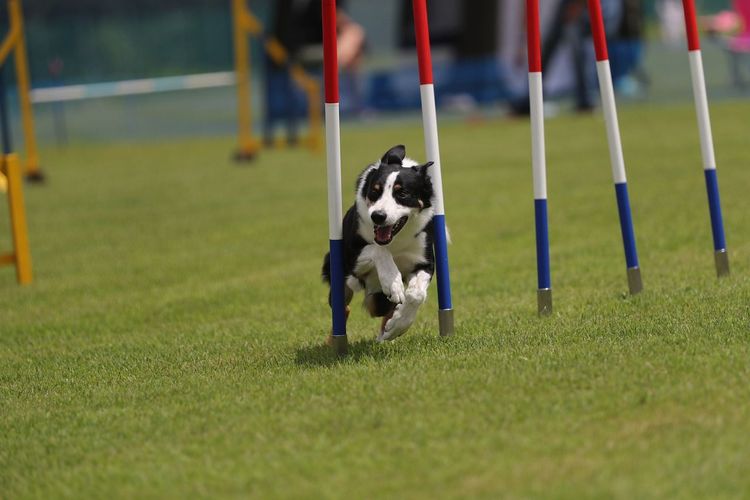Four-Legged Robot Mastering Ladder Climbing Skills
Most people like

InVideo is a powerful online video editing platform that offers a diverse range of premium templates, high-quality images, and an extensive music library. Whether you're creating promotional content, social media videos, or personal projects, InVideo provides the tools you need to enhance your videos and engage your audience effectively.

In today’s visual-centric world, high-quality visuals are crucial for capturing audience attention. Fortunately, advancements in artificial intelligence (AI) are revolutionizing how we enhance video and photo quality. From automatic color correction to noise reduction, these innovative tools offer creative professionals and enthusiasts alike the ability to transform their visual content effortlessly. Discover how integrating AI technology can elevate your imagery and create stunning results that stand out in today’s competitive landscape.

Unlock the power of an AI assistant designed specifically for professionals looking to enhance productivity and optimize workflows. This innovative tool streamlines tasks, allowing you to focus on what truly matters in your work. Experience a new level of efficiency with a specialized assistant at your fingertips.
Find AI tools in YBX




